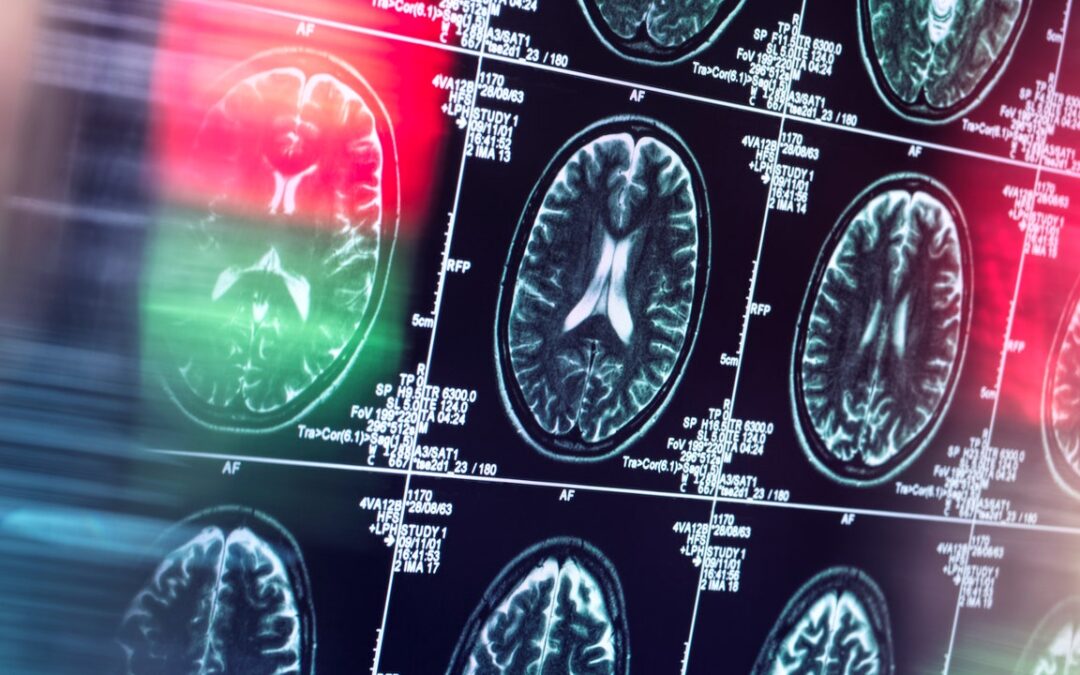Neurofeedback has also been used as a tool to treat clinical depression. Experts at Northwestern University have used it to increase activity in the frontal cortex to improve patients’ moods and create treatment plans that focus on normalizing their brain activation. That said, some experts caution against solely relying on these brain scans for mental disorders, despite preliminary research that backs up many of the claims for neurofeedback and SPECT scans. As far as some are concerned, there are still no biological tests that can definitively say you have anxiety, depression, or similar health conditions. “I personally do not refer anyone to neurofeedback therapy for conditions like depression, bipolar disorder, psychosis, fear, or anxiety,” Dr. Selvaraj says. “I would recommend cognitive therapy, interpersonal therapy, or behavior therapy [for these conditions].”
These brain scans may not be for everyone.
According to Dr. Moss, anyone with known seizure disorders, migraine headaches, or a traumatic brain injury should take extra care to consult with their physician to ensure that it is completely safe for them to do, even though monitoring brain activity has minimal risk. For all patients, there can be minor side effects such as increased anxiety, headaches, faintness, or fatigue. Dr. Henderson explains that while tracers contain a small dose of radioactive technetium, which emits gamma rays, those tracers can be flushed from the body with fluids, adding that the tracers used in SPECT scan perfusions have been used for over 20 years with no evidence of allergic or adverse reactions. All this said, anyone considering a brain scan as treatment should always consult with a licensed professional before scheduling an appointment. Dr. Moss recommends this database for practitioners that are accredited with the Biofeedback Certification International Alliance (B.C.I.A.) program, but so far there isn’t a formal certification process that’s accepted industry-wide.
It’s important to note that some experts are still dubious of these brain mapping claims in general. “Neurofeedback uses the EEG waves [and] there are thousands of EEG studies, but none of them are clearly diagnostic to diagnose any particular psychiatric condition,” says Dr. Selvaraj. “I think they are useful as a research tool in research studies, but we haven’t got like, ‘Come and do this test. You will have a diagnosis of XYZ.'” He goes on to explain that this kind of neurofeedback hasn’t gone through rigorous clinical trial protocol. “Many of these so-called clinics are running with thin evidence [and] without any stronger scientific analysis and peer-reviewed data,” he says. “That is a bigger problem.”
He adds that he isn’t completely discounting the use of neurofeedback or other brain scans, as he says that in controlled instances it does prove to be effective. He just believes that more rigorous research is required before making such bold claims about the scans as mental health treatments: “There’s a lot of misinformation online. I do not want these patients who have already gone through a lot of suffering and trauma to get [misled] and then not get the right treatment,” he says.
Dr. Luna explains that many advancements have been made to make scans like SPECT scans more reputable, and that “the idea of including such a test within diagnostic criteria for certain mental illnesses becomes increasingly plausible” as technique and research studies continue to advance.
“Some people just want to see how their brains are working. They want to do anything they can to improve their lifestyle and efficiency,” adds Dr. Henderson. “I don’t object to that choice.”
More info about mental health:

